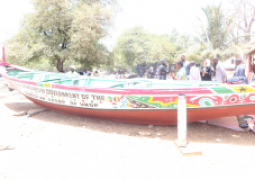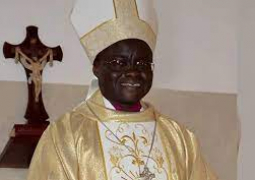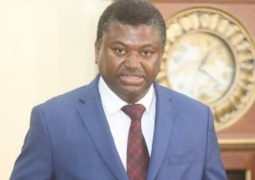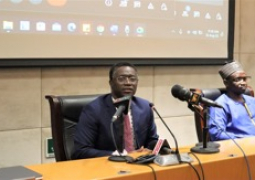
The training was based on the need to fill capacity gaps observed in the area of project monitoring and accurately reporting on monitoring findings.
The training, among other things, aims to warrant that there is effective monitoring and accurate reporting on the project performance in respect of their environmental approval conditions, which is a critical component in ensuring that the Agency is better advised in taking measures appropriate for project environmental social sustainability.
The project is funded by Africa Development Bank.
Lamin B.J. Samateh, senior program officer environmental impact assessment project at NEA in his remarks at the opening, said members of the EIA Working Group have a responsibility to monitor the project’s compliance with approved environmental and social conditions.
He added that for members to be able to effectively monitor the project implementation, they need to be trained.
Micheal Mendy, monitoring and evaluation specialist for the Climate Smart Project described the training as timely.
Mr Mendy said that it is important to bring development to the communities but was quick to add that development should not compromise our social values and environment.
He therefore cautioned stakeholders and everyone not to exploit the communities where the project is being implemented in terms of their social values that exist.
He noted that in as much as they are bringing development, we need not tamper with our natural habitats.
He also urged participants to take the training seriously and share best practices.
Malick Bah, director of technical services network at NEA said the training is in line with the Climate Smart objectives on capacity building on national institutions.
He pointed out that many a times, projects come without capacity enhancement programs, adding that when they phase out, capacities of those involved in it are not built. According to Mr Bah, EIA systems can be referenced to the legal and institutional frameworks of regulations, guidance and procedures; steps and activities of the EIA process; and the practice and performance of EIA.
He further said that it is important and critical that all categories of development projects undergo the EIA process, saying the long-term aim of EIA is to ensure sustainable development.
Seedy Touray, chief executive officer for Mansakonko Area Council said as Councils they are concerned about sustainability of projects and are committed to ensuring that projects they are directly involved in are sustained.





